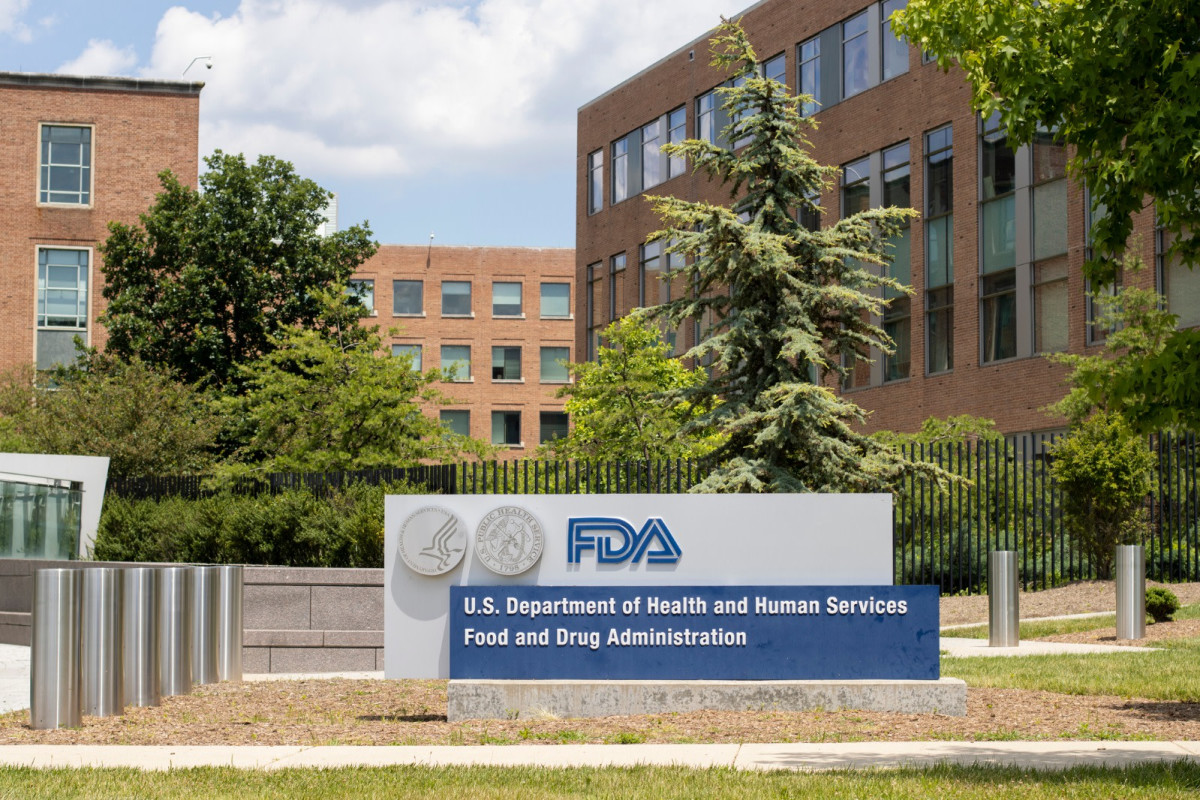Significant progress in the treatment of Alzheimer’s disease: The US Food and Drug Administration approved this evening (Tuesday) the drug donanemab containing an antibody designed to slow the progression of the incurable Alzheimer’s disease. It works by removing the accumulation of amyloid protein plaque in the brain, a hallmark of Alzheimer’s disease.
According to the manufacturing company Lilly, the drug will be sold under the name kisunla and will cost 32 thousand dollars per year. Clinical trials have shown that the drug is able to slow down the progression of Alzheimer’s disease and allows some patients to live an independent life for a longer period of time and continue safely with daily activities.
Lilly told a panel of FDA advisers in June that late-stage clinical trial data showed “extremely significant results” for patients taking dunamumab, with a 35% lower risk of disease progression over a year and a half compared to patients receiving a placebo. FDA advisors determined that the treatment appears to be safe and effective.
The company reported some serious side effects during the trials that occurred in about 2% of the patients: the patients who took the donanemab had a slightly higher mortality rate – 2%, compared to 1.7% in the placebo arm of the trial. Three people died while taking the drug after developing hemorrhages during the first six weeks of the trial. Therefore, the company added an additional brain MRI test for patients to identify the risk of brain bleeding ahead of time.
Lilly’s drug is the second approved for the treatment of early Alzheimer’s: the drug leqembi has already been approved for the treatment of patients. Another drug called Aduhelm was approved in 2021 under the FDA’s fast track, but the manufacturing company Biogen said it would stop making it and invest in the production of another new drug. In the trials of the drug Leqembi, the drug already on the market, some patients also experienced cerebral hemorrhages, but at a lower rate than that seen in the trial of the new drug donanemab.
Lilly’s new drug was approved under guidelines that may consider stopping treatment if patients’ MRI scans show improvement. About 120,000 Israelis suffer from dementia, the main of which is Alzheimer’s. It is a progressive degenerative disease, which gradually destroys the brain cells and leads to a deterioration in mental function, memory loss and damage to the abilities of thinking, concentration, learning and communication. The patients also sometimes suffer from hypervigilance, hallucinations and insomnia.
Most of the patients die within 10-15 years of the onset of the disease. The diagnosis today is based on the symptoms of the disease, and recently some hospitals also add a test for the presence of the disease proteins in the spinal fluid to the diagnostic process. Recently, a new blood test was approved that allows early diagnosis of the disease, even years before the first symptoms.
Prof. David Tana, Director of the Stroke and Cognition Institute at the Rambam Medical Center said in response: “We are in the midst of an exciting period with many developments in the field of Alzheimer’s disease treatment. The approval of the drug Donanemab by the American Food and Drug Authority for Alzheimer’s disease in its early stages is another important news for patients in Israel. The approval is significant because it adds an additional drug treatment option that is proven to slow the progression of the disease in its early stages, and will give patients and doctors an important choice. The results of the Donanemab study raise for the first time the very important possibility of a treatment for a limited time, that is, a treatment that could be considered to stop after the removal of the pathological protein from the brain.”
